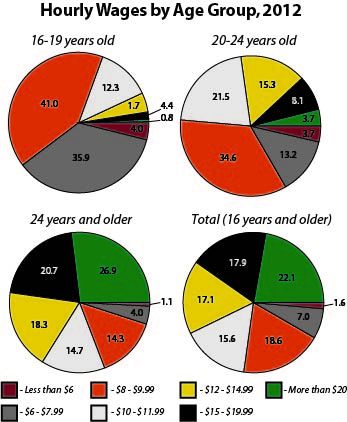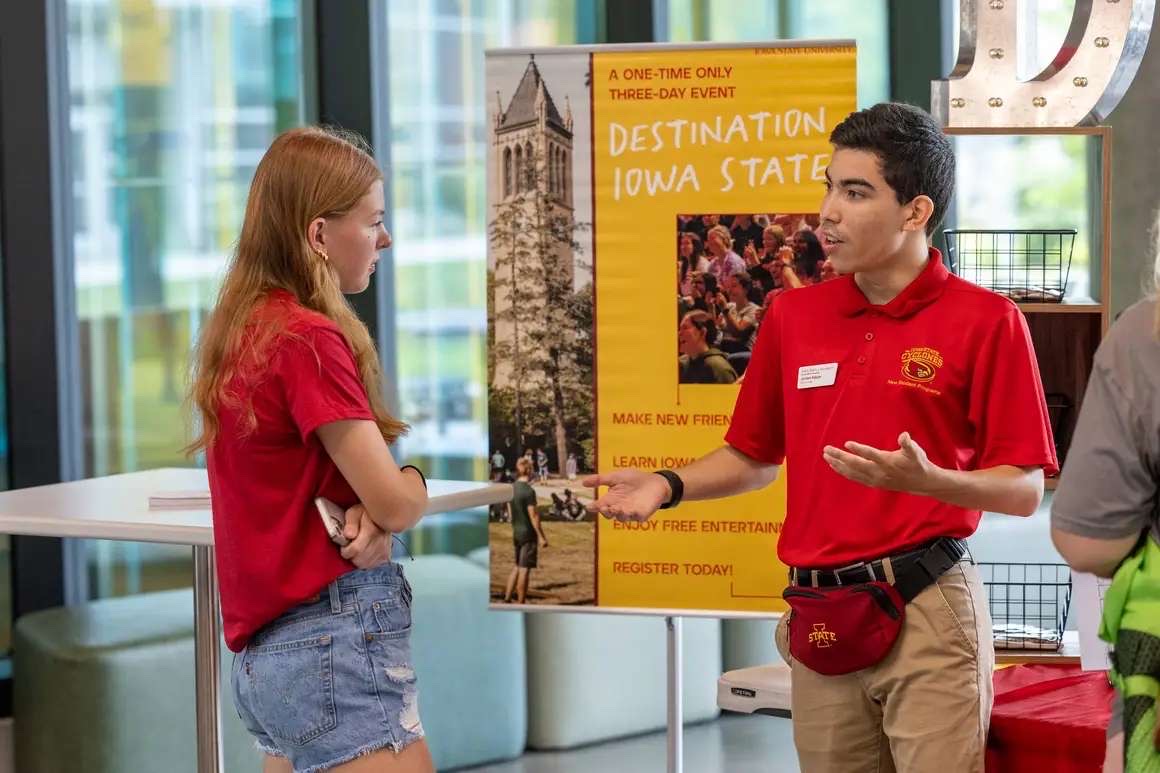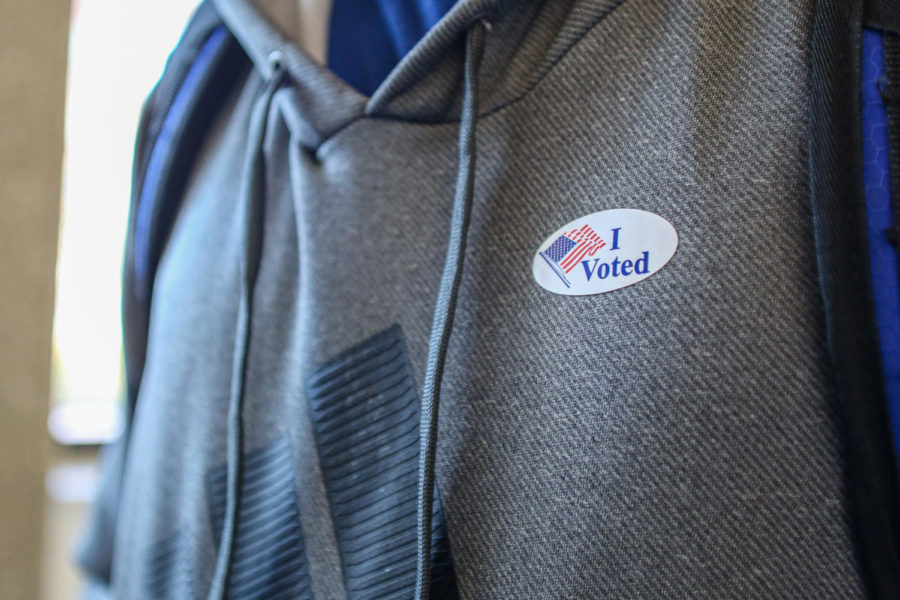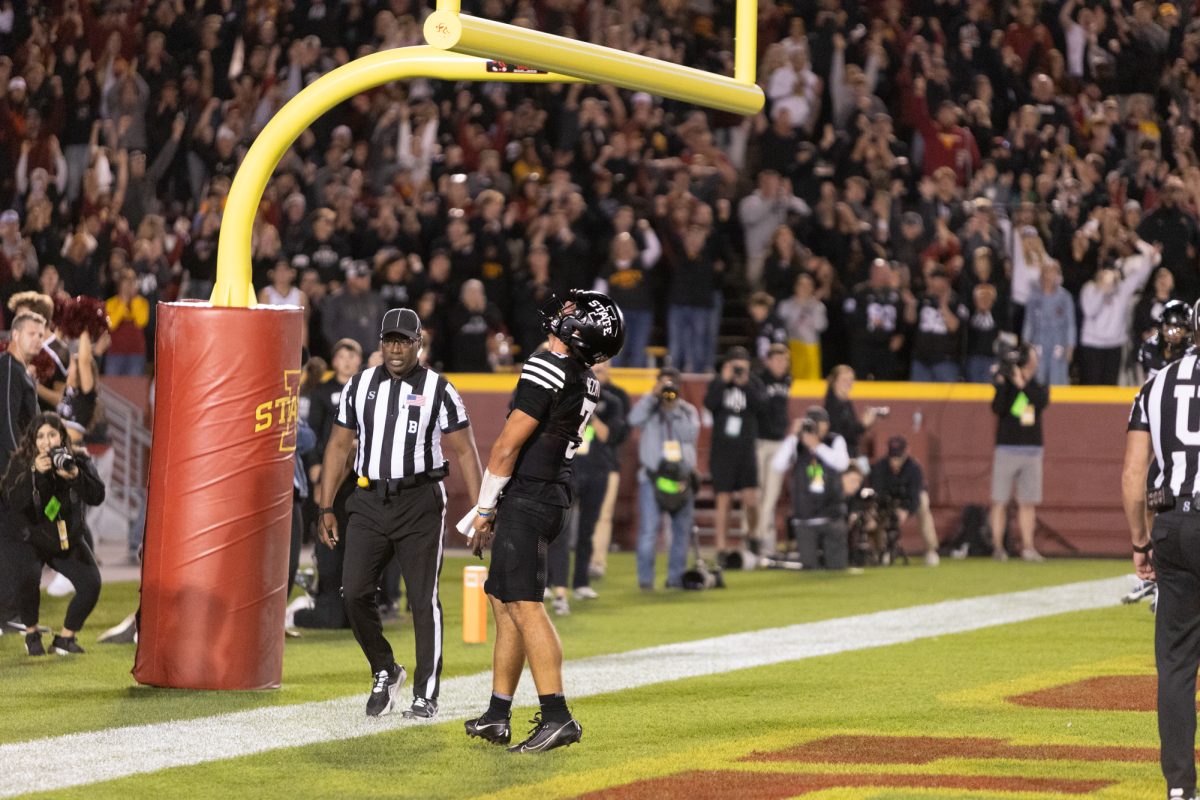Professors discuss minimum wage increase

By Robert Mercer, [email protected]
Numbers shown in pie charts above display the percentage of the age group earning that amount of money.
February 25, 2014
The minimum wage law is a heavily discussed issue that affects a wide range of working people. In fact, with the Obama administration’s proposed minimum wage increase, controversy is only getting heavier.
President Obama has already issued an executive order increasing the minimum wage. Federal contractors must now pay their employees $10.10. Peter Orazem, professor of economics, believes there are more effective ways to help our economy grow.
“If you actually wanted to help the poor, you would do something like look at the earned income tax credit where it is very well targeted at the working poor,” Orazem said.
Orazem said he believes the reason there is more focus on minimum wage than the earned income tax credit is due to Congress’ reluctance to allocate resources, which changing the earned income tax credit would require.
Orazem said he believes the earned income tax credit is a better thing to focus on because it has less of an adverse effect on employment, unlike increasing the minimum wage.
“What we have found is that, on average, for every 10 percent increase in the minimum wage, there is about a one percent cut in employment, sometimes higher,” Orazem said. “An increase from $7.25 to $10.10 is a 39 percent increase, and that is why the Congressional Budget Office came up with a relatively large reduction in employment.”
Sen. Herman Quirmbach, associate professor of economics, said that minimum wage is not the only dimension we should look at to help our economy grow.
“One thing we have done in the state Legislature in the last year or so is invest significant money in community college for job training,” Quirmbach said.
Quirmbach said this investment is necessary in order to provide job training for areas where there are wide skill shortages. He said raising the minimum wage is helpful to people at the bottom of the wage scale, but focusing on getting workers the proper training may be more helpful for the economy.
Although there may be other solutions to help the economy aside from raising minimum wage, an increase in the minimum wage will affect working ISU students.
Orazem said an increase in the minimum wage law would affect ISU students disproportionately, but may not have much of a negative effect on Ames as a whole.
“If Iowa were to raise its minimum wage and surrounding states did not,” Orazem said, “it would likely have less of a downside in Ames simply because we don’t have the same level of competition around us.”






